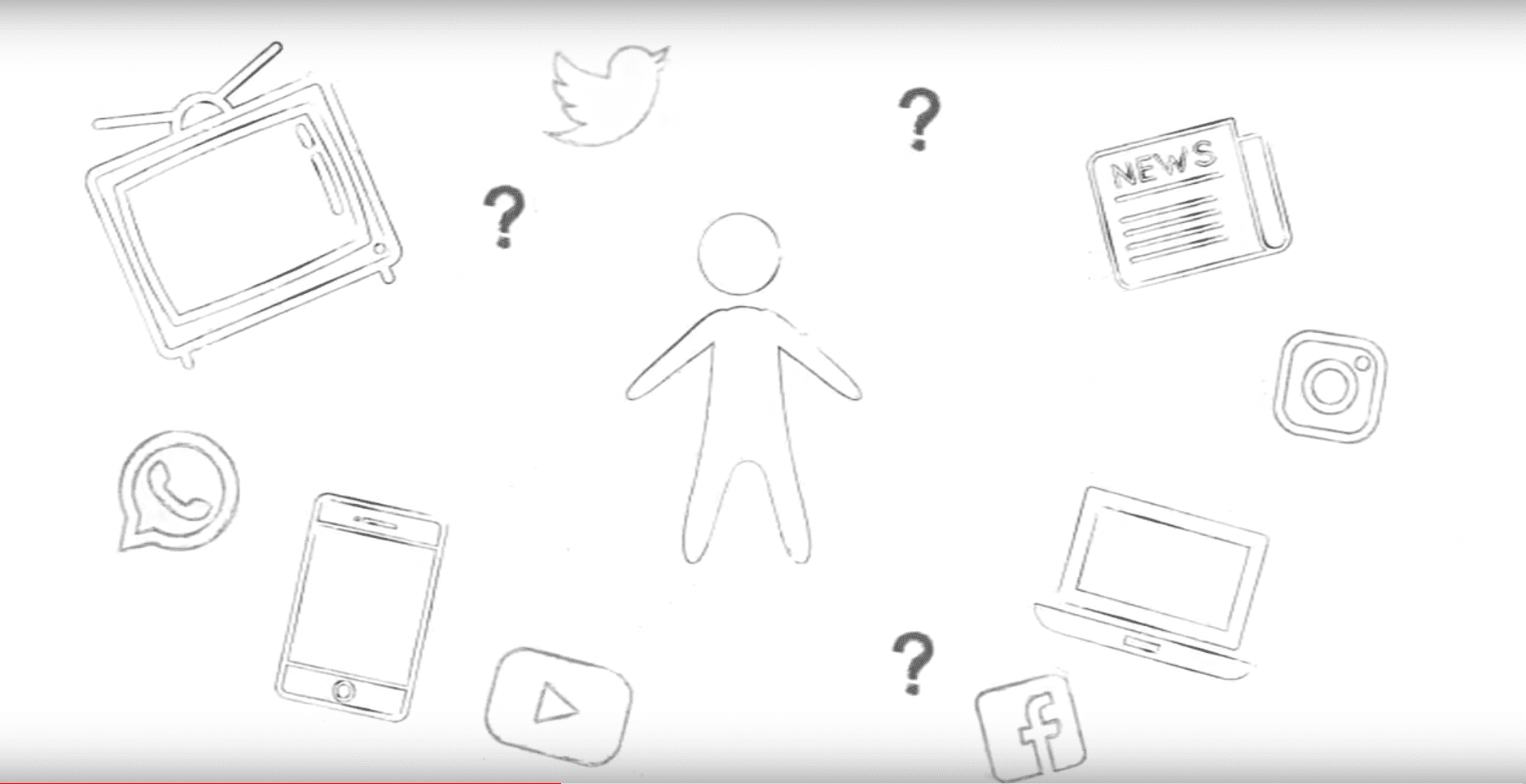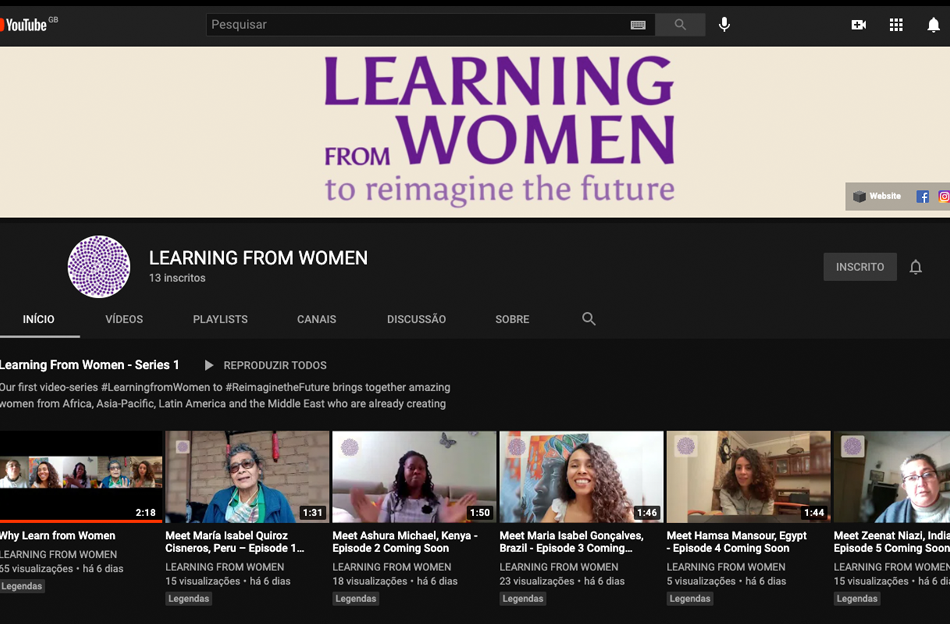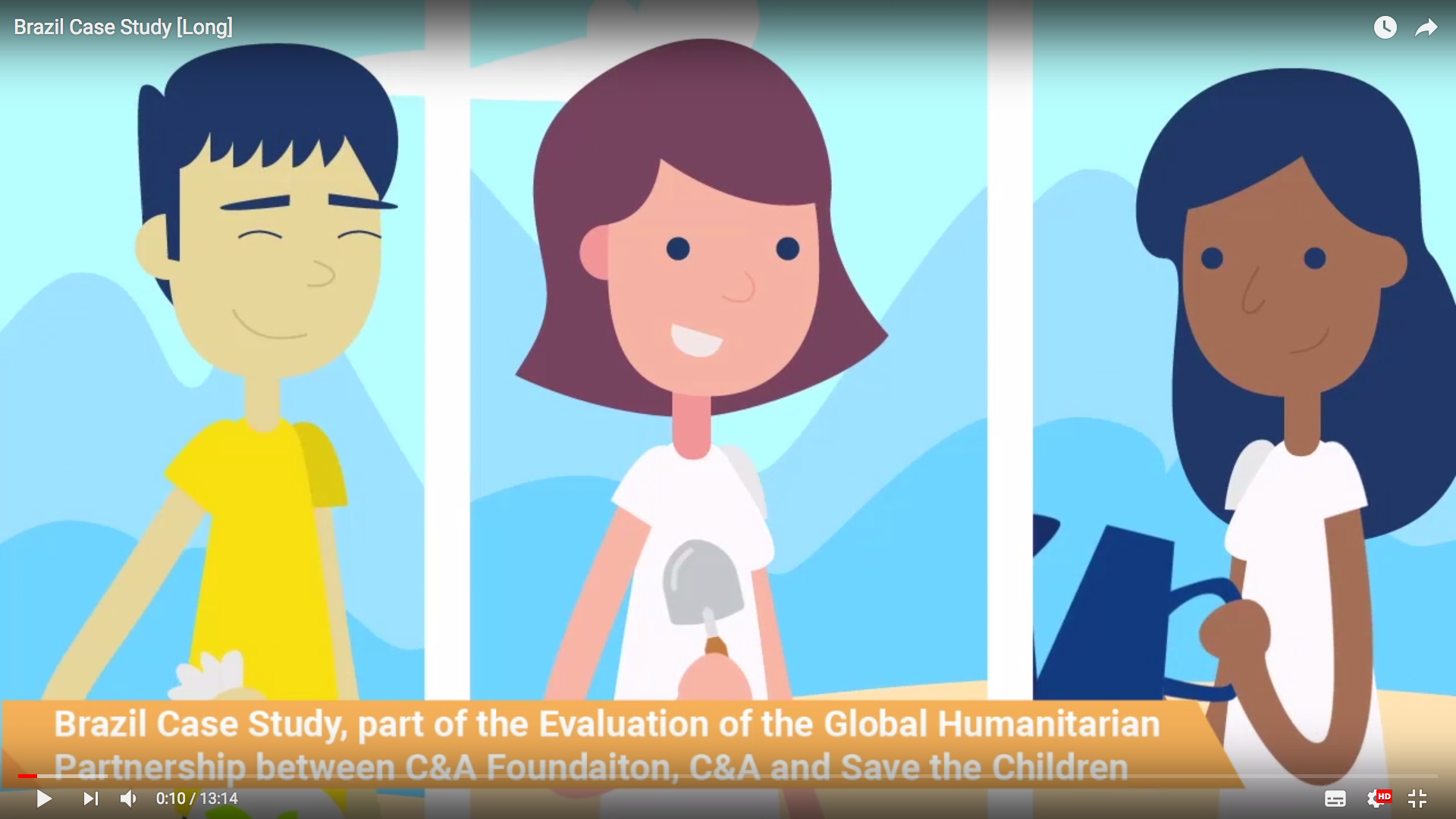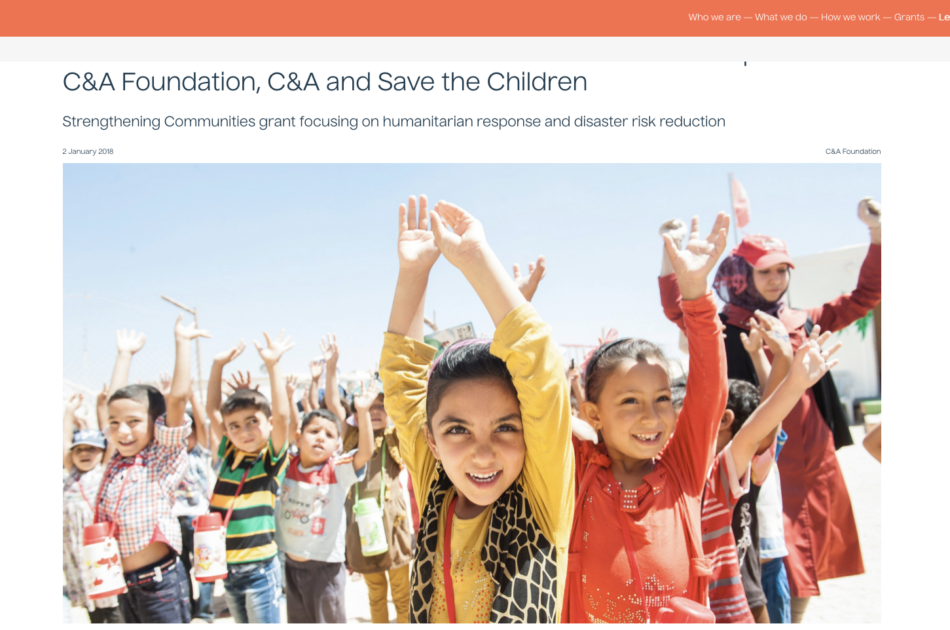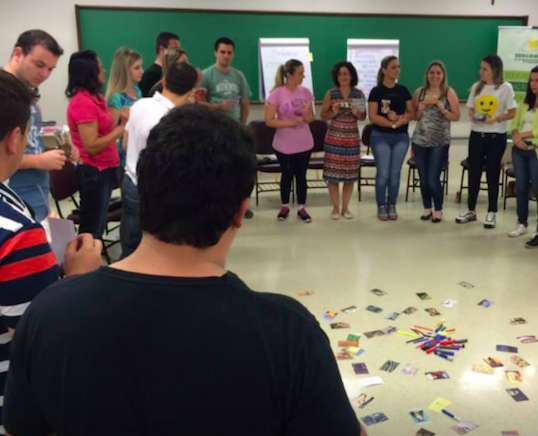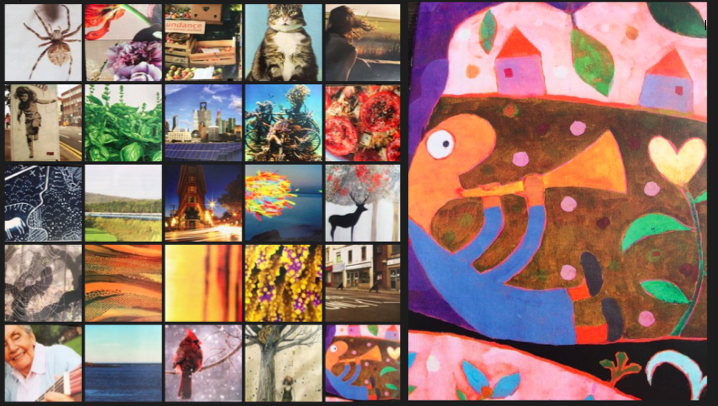OUR STORIES

Sharing Success and Failures
The world we live in is increasingly complex. We believe the issues of our times can only be addressed by promoting collaboration between various actors that are not accustomed to working with each other. We believe in the power of stories, of both success and failure. And we like to share them.
Here we offer some honest reflections on issues that we have come across in our journey. In an era of fake news, it is easy to put a gloss over any story. The portrait of “perfect” professional and personal lives is putting enormous pressure on our physical and mental health.
We believe humans are imperfect and that we have to embrace our “whole” selves with all our lights and shadows. With this in mind, our stories blog is an account of how we feel and the questions we have about the topics we consider worth sharing stories about.
Enjoy reading, watching and listening!
Why Learning from Women to Reimagine the Future?
People say that if you really want to get to the core reason for something, you should ask (and answer) why five times. We reflect why we created Learning from Women to Reimagine the Future.Continue reading→
Influential Resources
In an era of information overload, it is hard to keep track of everything we read and watch that makes a mark on us. We share videos, links, news and academic articles that have influenced and inspired us.Continue reading→
Award-winning animation
We produced a one-minute animation with a snapshot of our thinking on two broad topics: truth and power. Winning 3rd place in the video contest at the 2018 conference of the American Evaluation Association, it explores briefly how data and information in evaluations can be transformed into power and action on the results. However, what speaking truth to power means can have a myriad of explanations, depending on who you ask and how you ask.Continue reading→
Learning from Women to Reimagine the Future
Together with Laura Somoggi, Womanity Co-CEO, we co-designed the video-series brought it to life. We had seed funding from the Oasis Foundation and The Westminster Foundation for Democracy (WFD) in-kind support.Continue reading→
Innovating with Animation to Present Evaluation Findings
In our commitment to create new ways of working, we have piloted the use of animation to talk about the results of the Global Humanitarian Partnership in Brazil. We did not get it quite right, but we tried!Continue reading→
Only leaders publish their corporate evaluation results
While publishing evaluation reports is a common practice for international aid programmes financed by governments, it is rare in the case of corporate foundations. We hope other corporate aid programmes will follow the Laudes Foundation’s example of best practice.Continue reading→
Time to change the way we teach: a revolution is needed
We have been teaching the same subjects, in the same way, for decades. The props we use have changed: we have technology gadgets now. Rather than the blackboard, we use PowerPoint (which can more often than not be called “death by PowerPoint”). Apart from technology, however, the concept of teaching has remained unchanged. The teacher passes down hard facts and information to the students, who are expected to digest it and articulate their views in an essay.Continue reading→
Daring to change the way we do business
The power of metaphors and creative tools is underestimated in our professional environments. It is seen as a “childish tool”. However, research shows that the use of metaphors leads to experiences that are considered transformative because participants new ways of thinking and being, lead to a fuller and richer lived experience.Continue reading→
Finding Your Flock
There are different ways to bounce back to positive mode. One of my coping strategies is to build relationships with people that share the same principles and values as I do. I used to look for people with similar passion to sustainability unconsciously, until I heard a talk on diversity and leadership by Gita Patel. She highlighted five simple lessons we can take from nature by observing how geese fly.Continue reading→
Why sincere apologies matter
Why sincere apologies matter “Sorry” is perhaps the most used expression in the English dictionary after “Thank you”. Yet, most of the times it is used involuntarily. It is done sort of unconsciously without much thought into it. In the same way that breathing is an involuntary movement of our bodies, apologizing and being thankful are involuntary verbalizations of the British culture. British people are conditioned to say “sorry” and “thank you” from the moment they first speak!Continue reading→


